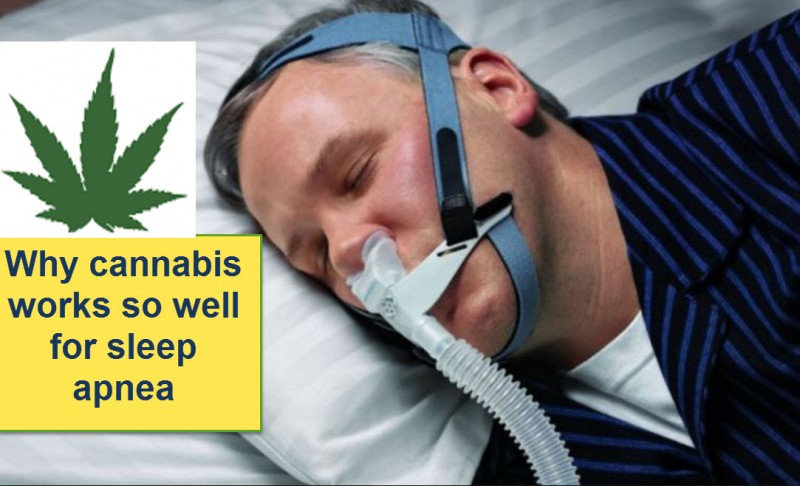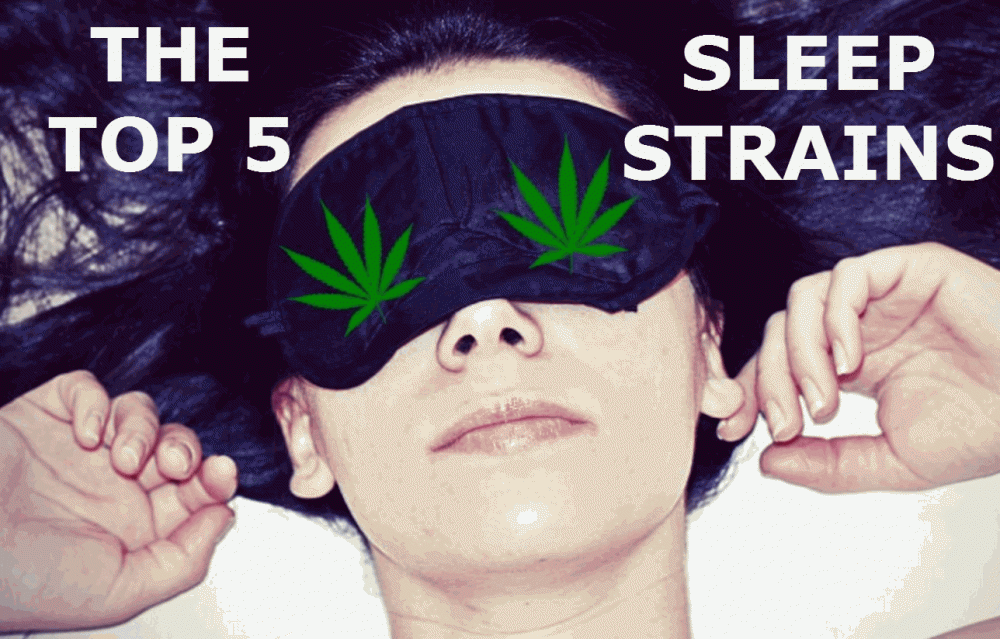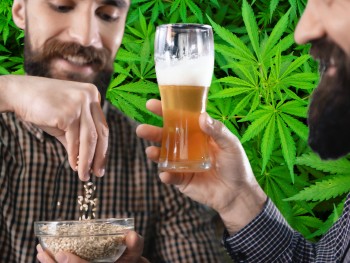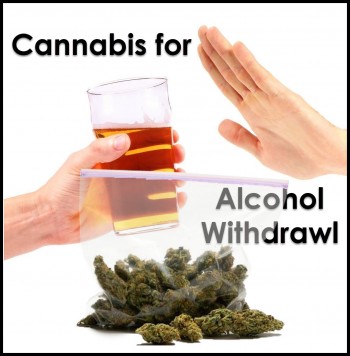Cannabis for sleep apnea
Medical Cannabis For Sleep Apnea - Finally a Good Night's Sleep from CannabisNet on Vimeo.
For most people, loud snoring is something to be embarrassed about. If it’s coming from your partner, it could be annoying. But there could be a more serious underlying reason why loud snoring happens: sleep apnea.
Sleep apnea is a common disorder characterized by pauses in breathing during the sleep cycle. Patients with sleep apnea often feel exhausted during the day, and it can affect the relationships that you have with your partner. There are also extreme cases of sleep apnea which can pose a danger to one’s health. If you have sleep apnea, you probably have no idea that you have several hundred pauses in your breath while you sleep although you know that you feel tired during the day, unless you’re told by your bed or housemates that your snoring is already out of control.
During a sleep apnea episode, airflow stops causing the blood oxygen levels to drop. The brain responds by temporarily pausing your sleep so that breathing can resume. Once breathing starts again, it’s marked by a choking or loud gasp.
Anyone can develop sleep apnea but there are certain causes that increase one’s risk: family history, being overweight, over the age of 50, a smoking habit, high blood pressure, deviated septum, enlarged tonsils, or a large neck greater than 15.75 inches in circumference. There are different types of sleep apnea: obstructive, central, and complex sleep apnea. All of these types can have detrimental effects on health in the long run if left untreated.
Over the long run, sleep apnea can take a toll on your health. Suffering from chronic sleep deprivation due to sleep apnea can lead to cardiovascular problems, congestive heart failure, stroke, poor concentration, slow reflexes, daytime sleepiness, and an increased risk for accidents especially if you have to operate machinery. It can also cause irritability, moodiness, depression, liver problems, weight gain, and heart disease.
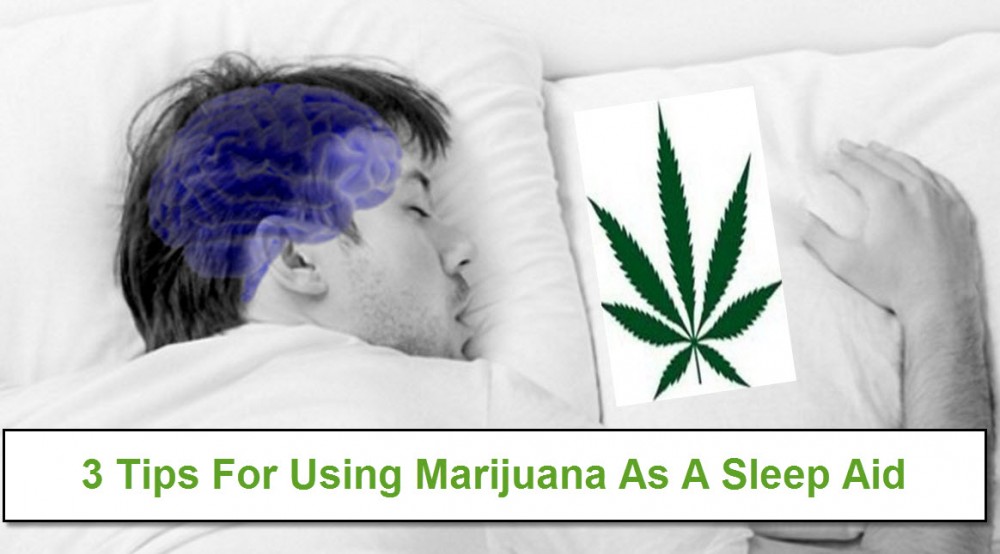
Lifestyle changes are recommended to address sleep apnea. Patients are asked to lose weight, quit smoking, avoid alcohol and sleeping pills (especially sedatives), regular exercise, avoid caffeine, and sleeping regular hours. For extreme cases, the use of continuous positive airway pressure (CPAP) machines is recommended. Although CPAP is widely used, studies show that up to 83% of patients don’t stick to their CPAP treatments. Most patients are shown to have a preference for drug therapy to effectively treat sleep apnea but there’s a lack of medicines developed to address this disorder.
How Can Cannabis Help?
There have been a few but significant studies documenting the benefits of cannabis on patients with sleep apnea, showing positive results.
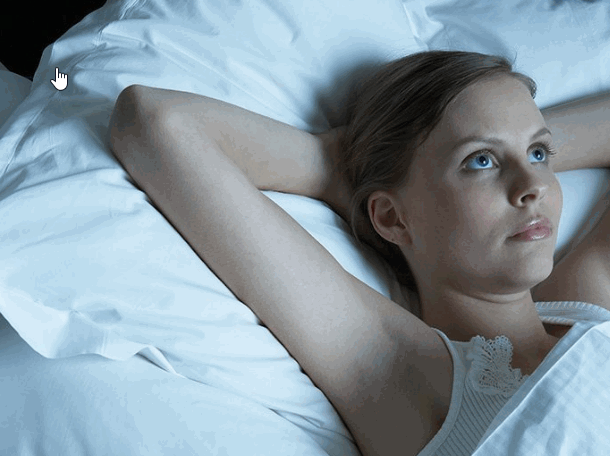
In 2002, University of Illinois researchers published a study analyzing the effects of cannabinoids (THC and oleamide in particular) in mice. The findings revealed that THC and oleamide were effective in stabilizing respiration in the subjects during the entire cycle of sleep, which reduced the apnea index during NREM and REM sleep stages by as 42% and 58% respectively. The reduction was dose-dependent which means that if a mice was administered with a higher dose of cannabinoids, this also resulted in a greater reduction in apnea symptoms.
The findings prompted Dr. David Carley, the study’s lead author, to conduct the first human trial in 2013. He wanted to document the effect of THC (dronabinol) on sleep apnea. The 17 participants were administered with different doses of dronabinol (2.5, 5, and 10mg) before bedtime over the course of 3 weeks. The results showed that the overall reduction in sleep apnea indexes was at 32%. The study’s authors suggest that patients can still find relief by using cannabinoid medications, whether they are suffering from mild or moderate cases.
In both animal and human models, the results were shown to be dose-dependent. Human patients then who consume higher amounts of cannabis may be able to experience even greater relief from the cannabinoids.
Dronabinol is already available in the market and commonly prescribed for the treatment of vomiting and nausea caused by chemotherapy. The cannabis-based drug is also used to address appetite loss and weight loss in patients who have AIDS. However, these studies have shown promising results in the use of cannabis for sleep apnea as well.
Have you used cannabis to treat your sleep apnea? Share your experience with us in the comments below!
OTHER STORIES YOU MAY ENJOY...
CANNABIS STRAINS TO HELP YOU SLEEP, CLICK HERE.
